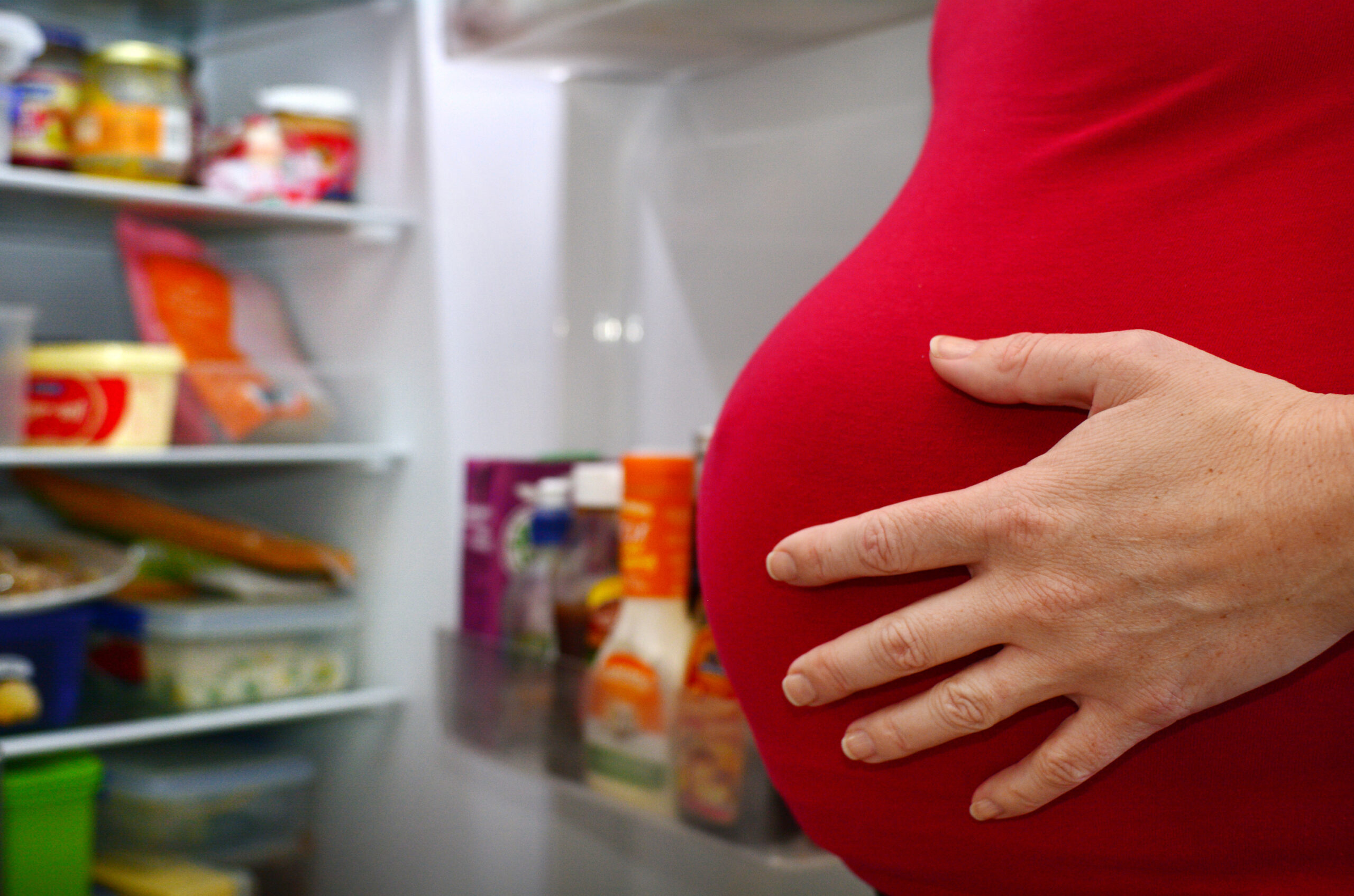Food consumption during pregnancy and post-partum. ECLIPSES Study
In this 2019 study, Jardí et al. followed the pregnancies of 793 healthy women from the first prenatal visit to the period following childbirth. The pregnant subjects’ diets were monitored, and their clinical history, anthropometric measurements, and lifestyle habits were collected. The aim was to examine their adherence to the Spanish dietary guidelines and to the Mediterranean diet, and check whether their diets change over their gestational period and after giving birth. Although the expecting mothers did not consume enough healthy foods during pregnancy, their intake levels of sweets, and red and processed meats exceeded recommendations. Level of adherence to the Mediterranean diet was found to be medium, and this was maintained throughout pregnancy. However, there were significant dietary changes observed in the ladies after giving birth. For example, the consumption of fruits, vegetables, and cereals (salted and sweet) during pregnancy was markedly higher than during the postpartum period (following childbirth). Lastly, adherence to the Mediterranean diet was positively associated with age, social class, and education level. Those who do not drink nor smoke were also more likely to adhere well to the Mediterranean diet. In conclusion, the pregnant women from Spain deviated from the recommended consumption levels during pregnancy, stuck fairly well to the Mediterranean diet throughout the pregnancy and post-partum, and ate less healthy foods following childbirth than during the first trimester. [NPID: Mediterranean, consumption, lactation, maternal factors, post-partum, pregnancy]
Year: 2019
 Navigation
Navigation






